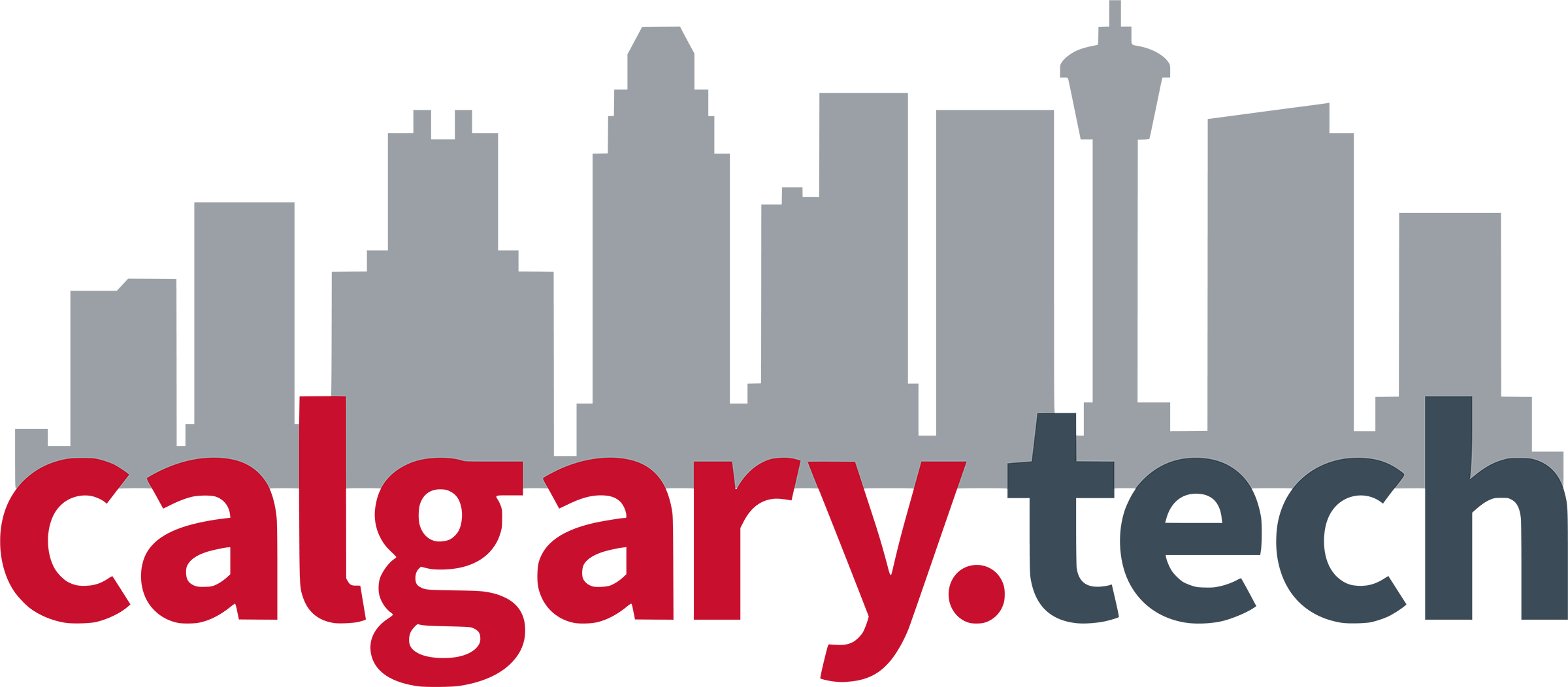
The balance between organ demand and supply has long remained skewed in Canada, leaving thousands awaiting life-altering transplants while organs are deemed unfit for transplant or are wasted due to logistical constraints.
Striving to rectify this pressing issue is Alberta-based Tevosol, co-founded by Drs. Darren Freed and Jayan Nagendran in Edmonton in 2015.
Developers of a forthcoming medical device known as the Ex-Vivo Organ Support System, or EVOSS, they seek to redefine organ transplantation through innovative technology.
Tevosol’s mission stems from the limitations of the organ transplantation sector—something the founders are intimately familiar with.
As surgical director of lung transplantation at the University of Alberta Hospital, Dr. Nagendran witnessed firsthand the challenges in this field. Unpredictable factors such as timing, logistics, and organ condition frequently result in transplant cancellations and donor organ waste.
Dr. Freed, initially a cardiac surgeon in Winnipeg, began his quest to improve organ transplantation in 2007. Disheartened by the insufficient supply of healthy hearts, he dove into studying ex-vivo organ perfusion. His approach was straightforward—to mimic human physiology, leading him to tinker with old heart and lung machine components.
“We saw that the way devices to date had treated the lungs . . . was not the way you and I breathe,” Nagendran told The Walrus in 2022. “[They] force air into them by putting a breathing tube down the airways, like we do in the ICU, blowing air in,” which damages lungs. “We breathe because our diaphragm contracts and our chest expands. [Negative pressure] draws air into our lungs—nothing is pushing air from the atmosphere inside of our lungs.”
The machines built by Tevosol recreate the living environment of the human body, described as “Vehicles designed to present the surgeon a wholly functional organ and confidently support the decision to transplant.”
“Every organ transplant is a modern medical feat,” the U of A spinoff states online. “But the chronic imbalance in donor organ supply and demand challenges the system and limits the access and the human impact. The transplantation community hungers for new ideas and new technologies that can rewrite the rulebook and push the boundaries.”
Each year, thousands of Canadian patients await transplants, and tragically hundreds die. EVOSS aims to replicate how the human body works, thereby preserving, assessing, and reviving donor organs.
EVOSS stands out for its practicality and immediate impact. With an ability to extend the life of organs outside the body, treat and monitor their health, a readily available EVOSS could revolutionize organ transplantation.
Following major financing in 2021, EVOSS was initially slated to launch commercially by the end of 2022, but the product remains in development.
This year, EVOSS technology was publicly demonstrated at the International Society for Heart and Lung Transplantation.



Leave a Reply